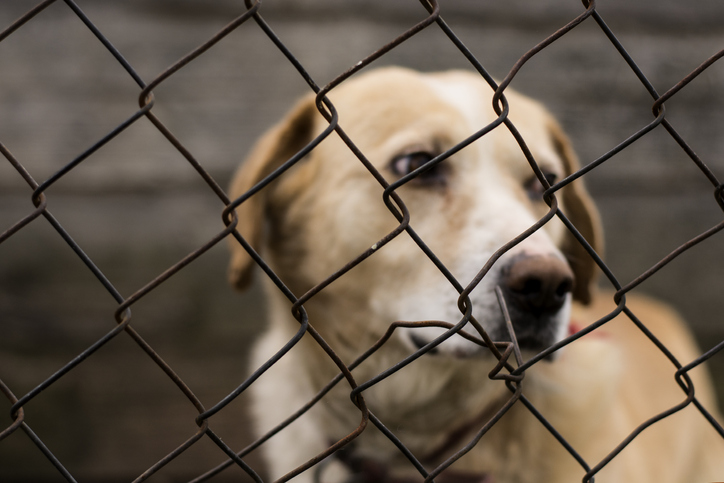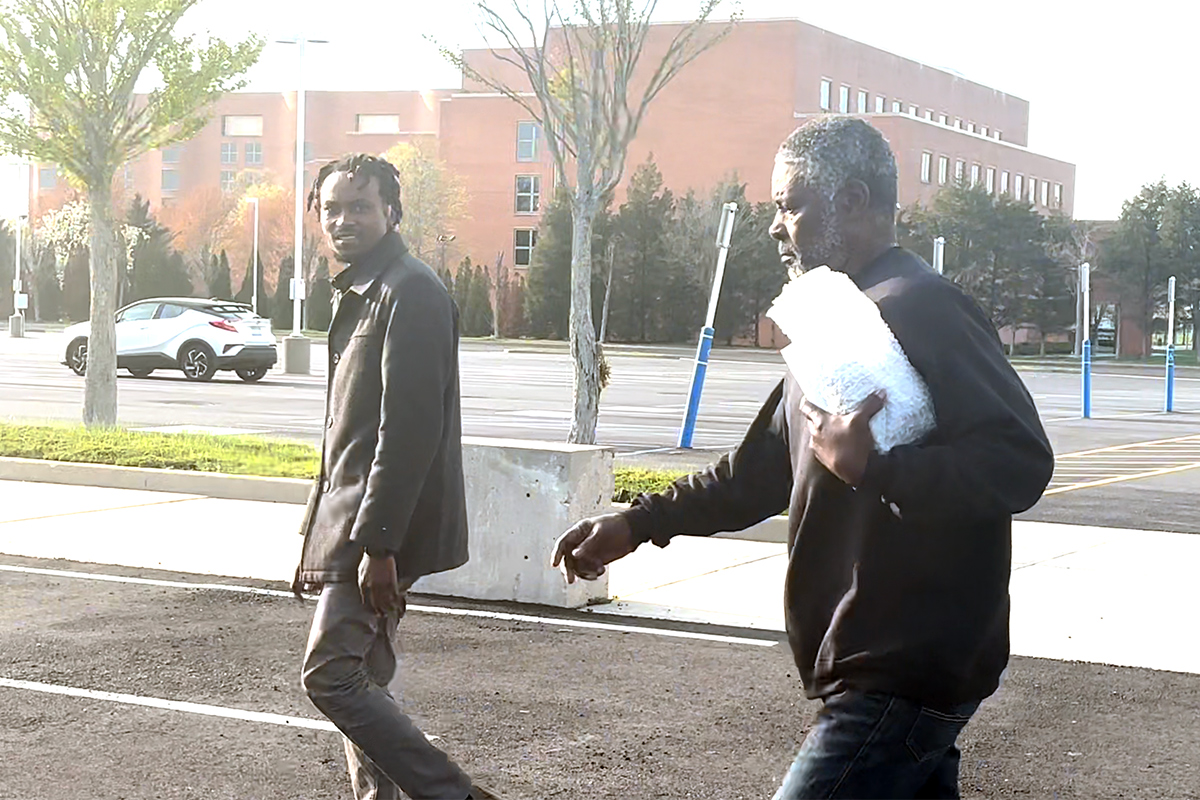Many animal rescue organizations nationwide refer to April as Animal Cruelty Prevention Month, and work to educate the public on how to identify and address animal cruelty.
Roy Gross, chief of the Suffolk County Society for the Prevention of Cruelty to Animals (SPCA), explains that education is the best line of defense against animal abusers. “It’s not that there are more cruelty cases these days, it’s that more people have become educated on what to look for and how to report suspicious activity,” says Gross.
Signs of animal abuse can take all forms. You may see wounds on the body, tight collars, underweight animals, limping/difficulty walking, or animals that seem to be under emotional distress. Environmentally speaking, animals left without food or water or in unsanitary conditions, or housed in small kennels with the inability to turn around and stand up or lie down comfortably, should be reported.
As part of Animal Cruelty Prevention Month, April 8 has been designated as National Dog Fighting Awareness Day. According to Gross, this is more of a behind-the-scenes type of cruelty that’s difficult to detect. “You won’t see dogs that are trained to fight being walked on the streets. These dogs are exercised in basements or run on treadmills or in backyards using a spring pole which allows the dog to latch on and hang to strengthen their jaws. These dogs remain hidden from the public to avoid exposure. Dogs brought into this way of life are tormented and fight until they die,” says Gross. To make matters worse, those who don’t “turnout,” meaning those who can’t or refuse to fight, are used as bait dogs or killed by their owners in barbaric fashions. Signs of dogfighting may include evening gatherings, sometimes in a party setting, with loud music and constant barking.
If you witness animal cruelty or believe you’ve seen an animal in distress, document the details and contact your local SCSPCA (Suffolk County) and NCSPCA (Nassau County).
Calls remain anonymous. Don’t assume that someone else will take care of the situation. Animals are not able to speak up for themselves, so we must do it for them.
And while Long Island has these great resources, it’s important to remember that SPCA officers must follow the laws. “Unfortunately, as local and state laws are written, most animal abuse charges are only misdemeanors that result in small fines or short jail times,” says Gross. Many times, an animal can’t even be removed from an abuser under these laws. The best way to change this is to speak to your local legislature and advocate for stricter laws and penalties.
If you want to help Long Island animals and the agencies that protect them, consider donating. “The SCSPCA is a non-for-profit, 5013c organization that relies 100% on private donations. We are not affiliated with the ASPCA in any way and receive no funding from them,” says Gross.
To make a donation or to become a volunteer, visit the SCSPCA website at suffolkspca.org.
Sign up for Long Island Press’ email newsletters here. Sign up for home delivery of Long Island Press here. Sign up for discounts by becoming a Long Island Press community partner here.

































